We, the Indigenous People of the forest, refuse to be ignored any longer
Texte intégral (1728 mots)
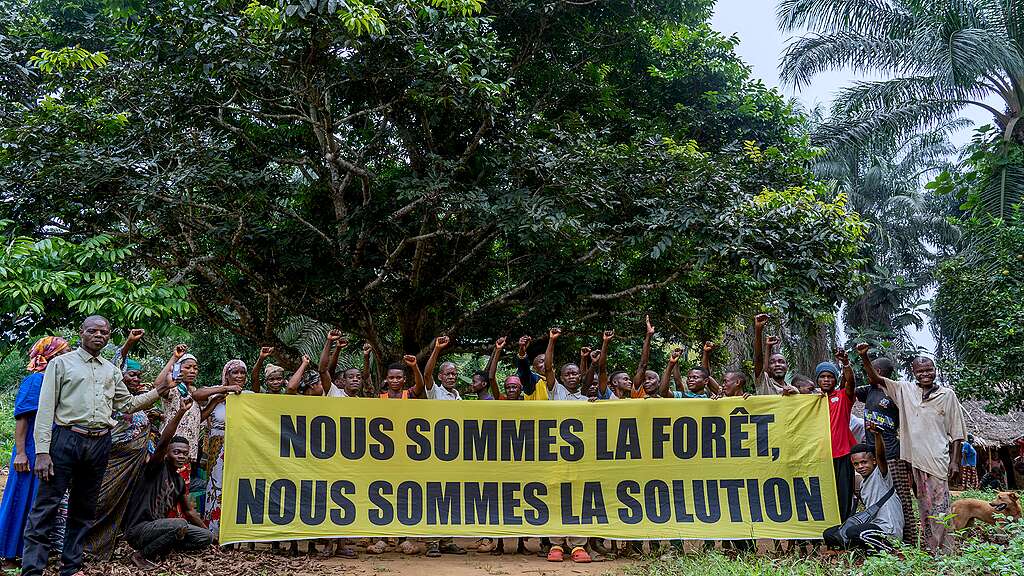
Every year on August 9, the world briefly turns its gaze toward Indigenous People. Our cultures are celebrated, our songs and painted faces put on display. And then, silence returns. Behind the cliche, our communities remain marginalised, dispossessed, and forgotten. This must end.
I am Valentin Engobo Mufia, a son of Lokolama, a land nestled deep within the equatorial forest of the Democratic Republic of Congo. I have witnessed my people treated as strangers on their own ancestral lands. Our ancestral knowledge is dismissed, mocked, or exploited. My tribe, the Tshwa, has lived in harmony with the forest for generations. We know its plants, its spirits, its secrets. And yet, in the minds of many decision-makers, we are still seen as “sub-citizens,” obstacles to development, shadows in the trees.
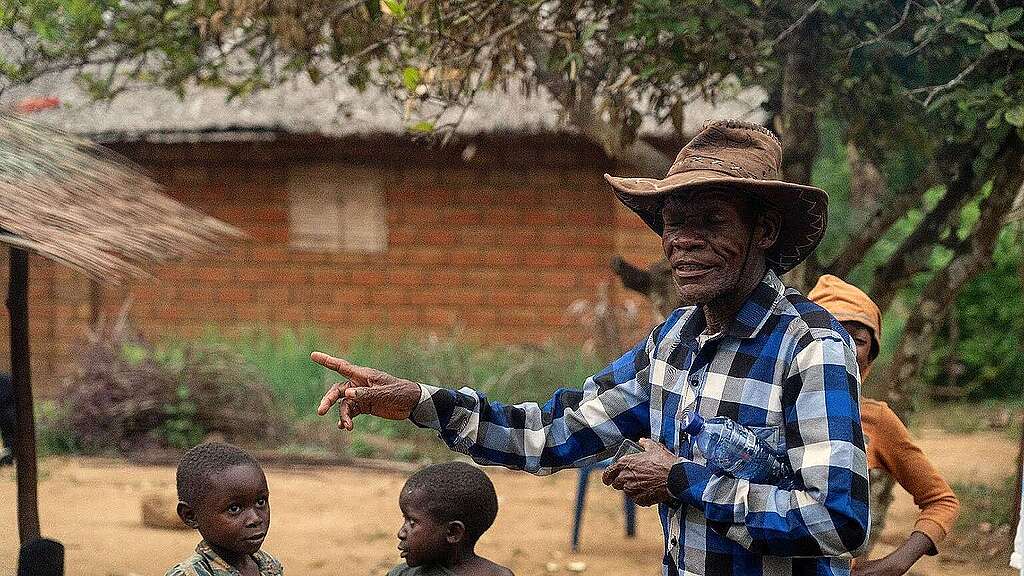
Indigenous communities challenging the status quo
My grandfather was one of the first in our region to challenge this invisibility, refusing to accept the submissive role imposed by colonial powers and local elites. He opened a path. Today, I continue that fight. Not for myself, but so that my children and their children may one day walk in a living forest, with their heads held high.
Because it is not only our culture that is under threat. It is also your future. The peatlands we have protected for centuries are among the most vital carbon sinks on earth. They are a natural barrier against climate chaos. And yet, instead of listening to us, we are sidelined. We are denied land rights over territories we have safeguarded for generations. Destructive projects continue to be approved without our consent, sometimes even in our name, but without our presence.
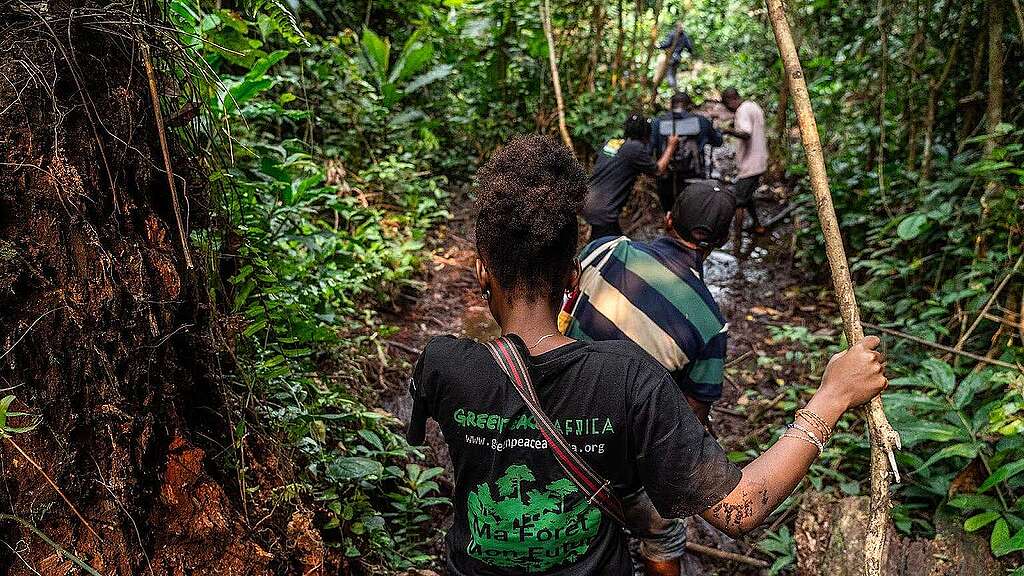
I have taken this fight to the highest levels, even filing a complaint against the World Bank for harmful policies imposed on our lands. This is more than a political battle. It is a fight for survival, for dignity, for the right to exist without having our identity erased or hijacked by others.
Today, we no longer accept symbolic gestures or hollow promises. We demand:
- Clear, international legal recognition of our rights
- Direct and structured access to climate finance
- Training and education tailored to our context
- And most importantly, full inclusion in all development policies and decisions
Indigenous People’s role in climate talks
Indigenous People will no longer be reduced to decorative roles in climate talks or NGO reports. We are not props in the environmental movement – we are its frontline defenders. And we demand to be respected and treated as such.
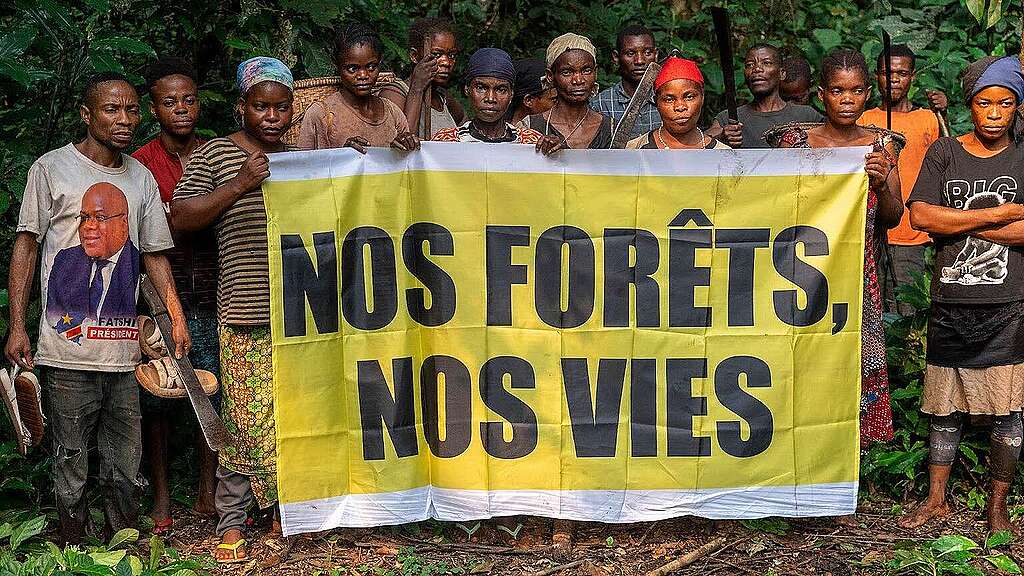
Yes, I fear that some actors will continue to speak on our behalf, capturing funds meant for us without ever involving us. But I still believe in the prophecy that has long circulated among our people: “The people of the forest will reclaim their voice and light the way for others.”
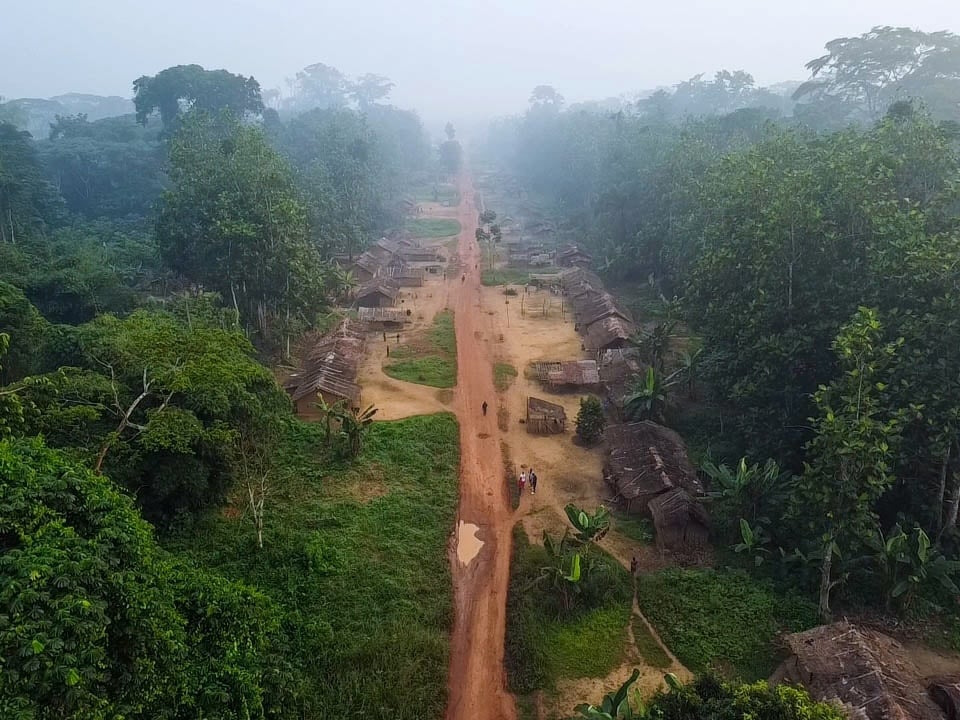
Protecting the forest doesn’t mean locking it away. It means using it with reverence and responsibility. We have always done that. Now it’s time for public policies and international institutions to do the same. It’s time for leaders to support projects born within our communities, to truly protect our ancestral lands, and to regulate the ruthless exploitation of natural resources.
Because in the end, we are one with the forest. And as long as we stand, we will fight for it, for ourselves, for you, for the future.
Valentin Engobo Lufia is representative of the Tshwa Indigenous People of Lokolama, DRC.
Guest authors work with Greenpeace to share their personal experiences and perspectives and are responsible for their own content.
Take action now to protect the Congo Basin.
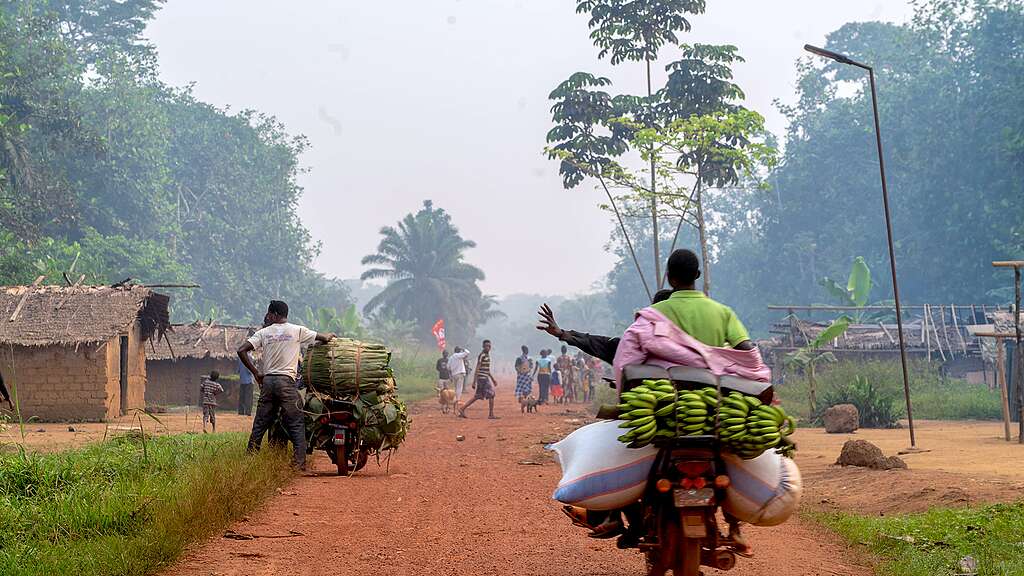
This story was originally published by Greenpeace Africa for the International Day of the World’s Indigenous Peoples (9 August). More stories from the Congo Basin forest available on Greenpeace Africa’s ‘travel diary from the Congo Basin’ blog series.
Greenpeace Pictures of the Week
Texte intégral (4113 mots)
From an air pollution protest in South Africa to a blockade in New Zealand, to a garbage mountain protest in Germany, here are a few of our favourite images from Greenpeace’s work around the world this week.
 South Africa -Greenpeace activists and communities living in some of South Africa’s most polluted regions staged a powerful peaceful protest outside the Department of Forestry, Fisheries and the Environment (DFFE) in Pretoria to denounce South Africa’s deadly air pollution crisis and demand urgent governmental action.
South Africa -Greenpeace activists and communities living in some of South Africa’s most polluted regions staged a powerful peaceful protest outside the Department of Forestry, Fisheries and the Environment (DFFE) in Pretoria to denounce South Africa’s deadly air pollution crisis and demand urgent governmental action.
 Germany – Greenpeace activists stage an impressive image for more environmental protection. A kayak disguised as the Titanic heads straight for an iceberg of packaging waste around three meters high in the harbour basin of Muenster. The scene is accompanied by activists on stand-up paddleboards with banners. The action is part of a campaign for a municipal packaging tax and is intended to send a strong signal for more environmental and resource protection.
Germany – Greenpeace activists stage an impressive image for more environmental protection. A kayak disguised as the Titanic heads straight for an iceberg of packaging waste around three meters high in the harbour basin of Muenster. The scene is accompanied by activists on stand-up paddleboards with banners. The action is part of a campaign for a municipal packaging tax and is intended to send a strong signal for more environmental and resource protection.
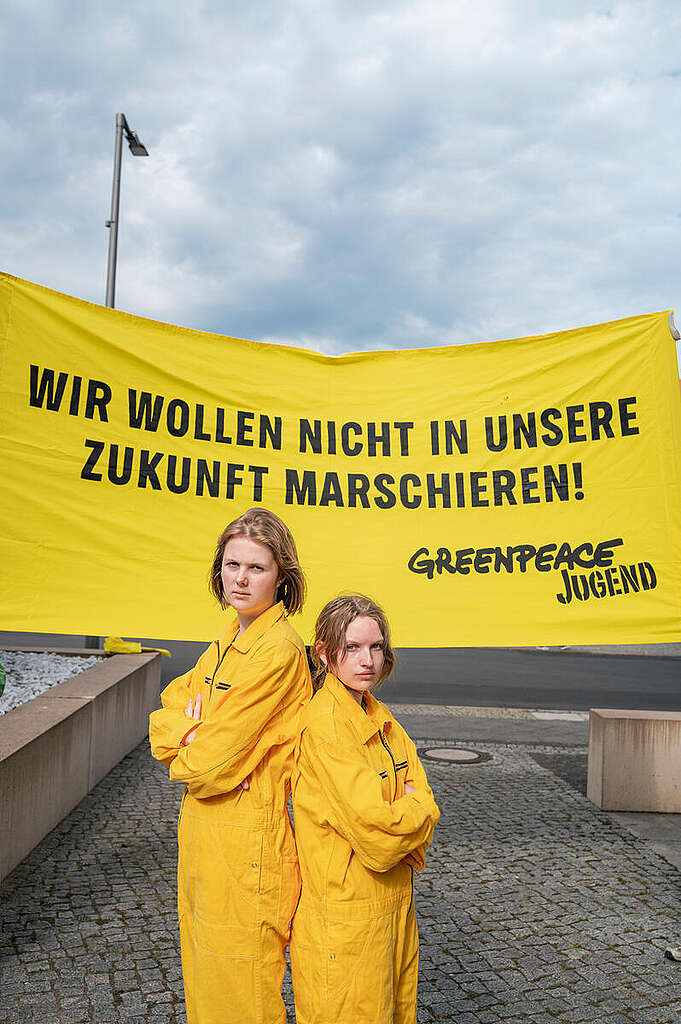
 Germany – In front of the Ministry of Defence, Greenpeace Youth protests with a five-square-metre banner reading ‘We don’t want to march into our future’, together with the German Peace Society – United War Resisters (DFG-VK), against the foreseeable reintroduction of compulsory military service.
Germany – In front of the Ministry of Defence, Greenpeace Youth protests with a five-square-metre banner reading ‘We don’t want to march into our future’, together with the German Peace Society – United War Resisters (DFG-VK), against the foreseeable reintroduction of compulsory military service.
 New Zealand – During the second day of the meeting of the Global Ocean Treaty Preparatory Commission, Greenpeace held an event at the United Nations Headquarters in partnership with activists, scientists and indigenous community members. Together, they made the case for large new protected areas of the high seas in the Atlantic and across the globe, which could help to reach the 30 by 30 target. The event, featuring panellists from Bermuda, Nigeria, and Canada, demanded integrity in recognising and empowering local and Indigenous rights, allowing for co-governance rooted in both scientific and traditional knowledge. This grounded, inclusive approach will ensure these Marine Protected Areas are both ecologically robust and socially just.
New Zealand – During the second day of the meeting of the Global Ocean Treaty Preparatory Commission, Greenpeace held an event at the United Nations Headquarters in partnership with activists, scientists and indigenous community members. Together, they made the case for large new protected areas of the high seas in the Atlantic and across the globe, which could help to reach the 30 by 30 target. The event, featuring panellists from Bermuda, Nigeria, and Canada, demanded integrity in recognising and empowering local and Indigenous rights, allowing for co-governance rooted in both scientific and traditional knowledge. This grounded, inclusive approach will ensure these Marine Protected Areas are both ecologically robust and socially just.
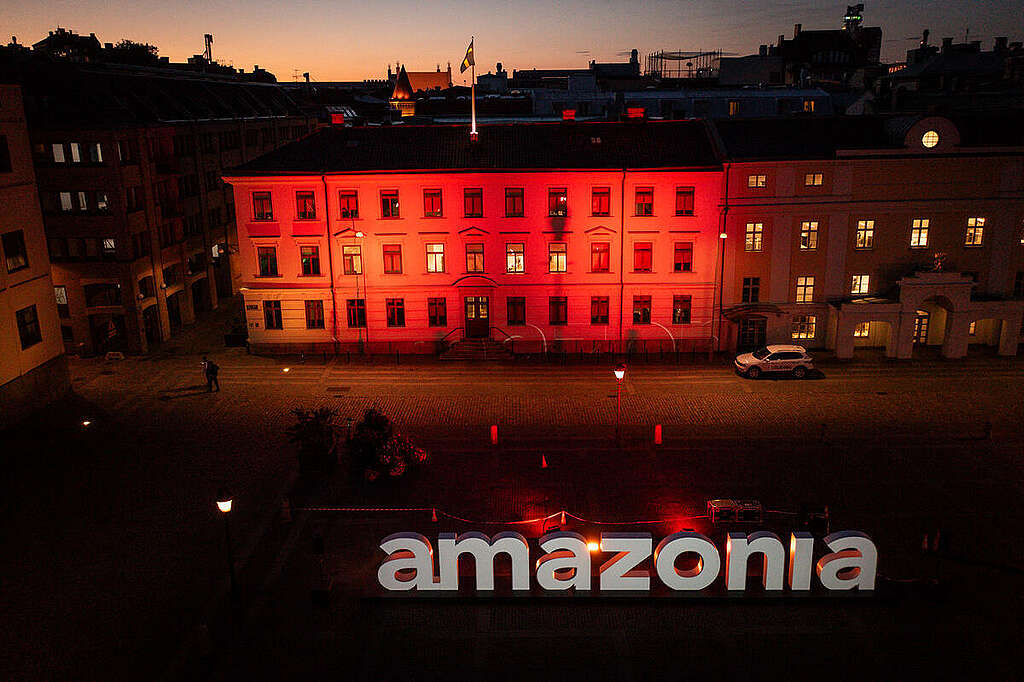
 Sweden – “Amazonia” travelling letters projection show at Gustaf-Adolfs Square in Gothenburg.
Sweden – “Amazonia” travelling letters projection show at Gustaf-Adolfs Square in Gothenburg.
Greenpeace brings the Amazon to the heart of Europe through a powerful street-level action: giant AMAZONIA letters touring major cities. Through emotional messages, video projections, and Indigenous voices, the action calls for urgent climate justice and forest protection — ahead of the historic COP30 in Belém.
Greenpeace has been a pioneer of photo activism for more than 50 years, and remains committed to bearing witness and exposing environmental injustice through the images we capture.
To see more Greenpeace photos and videos, please visit our Media Library.
3 Reasons why flights are far cheaper than trains and why that has to change
Texte intégral (1357 mots)
Ever tried planning a trip across Europe and wondered: why are flights so cheap while trains cost a fortune? It’s not unusual to find a €15 flight and a €300 train ticket for the same day, same destination. How does that make any sense? If trains are the greener option, why are we basically being punished for choosing them?
The difference in prices isn’t a coincidence, it’s the result of a transport system that rewards pollution. We analysed 142 routes across 31 countries and the result shows that for a majority of cross-border trips, rail remains far more expensive than air. Here are 3 key reasons why:
1. Aviation enjoys unfair tax privileges
You might have heard colourful slogans from low-cost airlines like “Nothing beats a cheap-flight holiday!” but the reality is the planet is paying the extra cost of cheap flight tickets. Polluting air travel is subsidised and it’s the biggest contributor to transport emissions. Aviation fuel remains untaxed across most of Europe. This mode of transport enjoys several financial benefits like:
- No tax on jet fuel (kerosene)
- No VAT on international flight tickets while trains in many countries must charge full VAT.
- Low airport fees and government subsidies, especially for budget airlines flying out of regional airports.
- Billions in public bailouts seen especially during COVID, when airlines across Europe were operating empty or near-empty flights in order to retain valuable take-off and landing slots at airports.
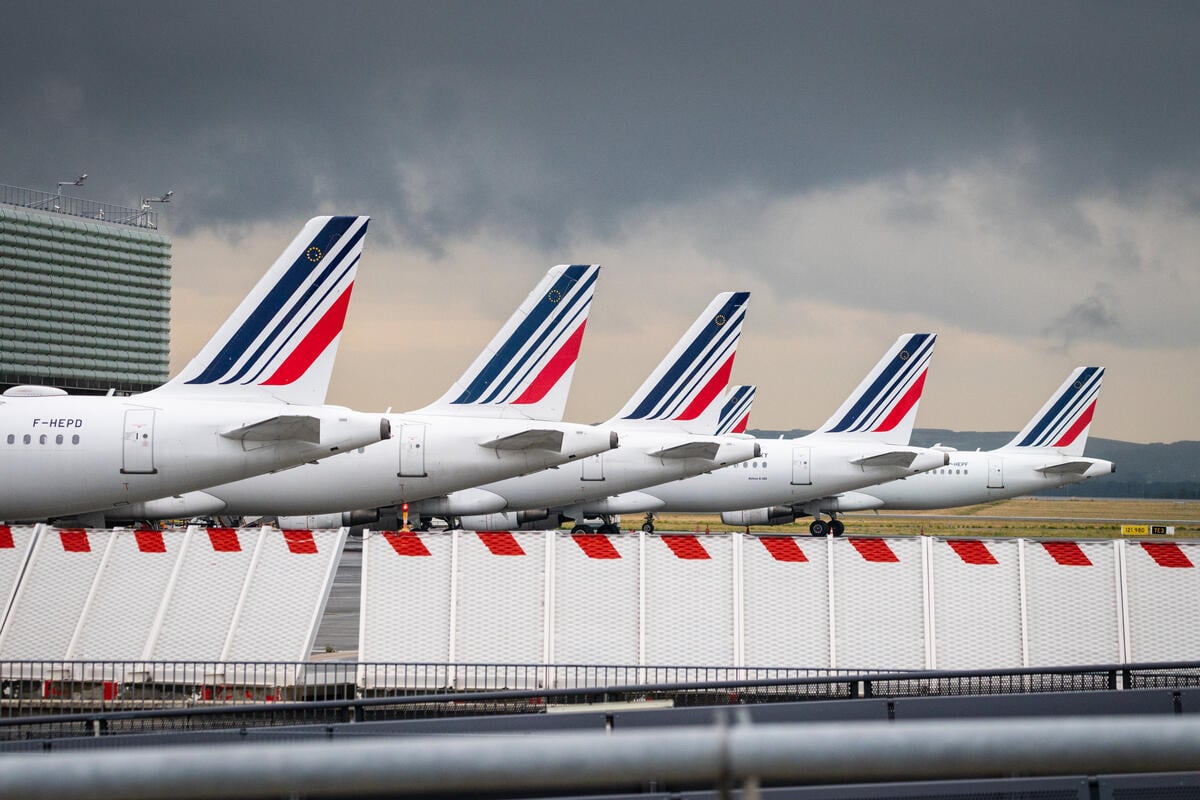
2. Green travel gets penalised
Train trips can cost up to 26 times more than flights, as the most extreme example found shows: Barcelona to London costs just €14.99 by plane, compared to €389 by train. The current system is making climate-friendly travel harder. Unlike aviation, rail operators are charged with:
- Energy taxes
- VAT in many countries
- High infrastructure fees
- Track access fees
The problems don’t stop at pricing, for people with reduced mobility, train travel can be even more inaccessible as rail networks are left with crumbling infrastructure and fewer connections because of underfunding and neglect.
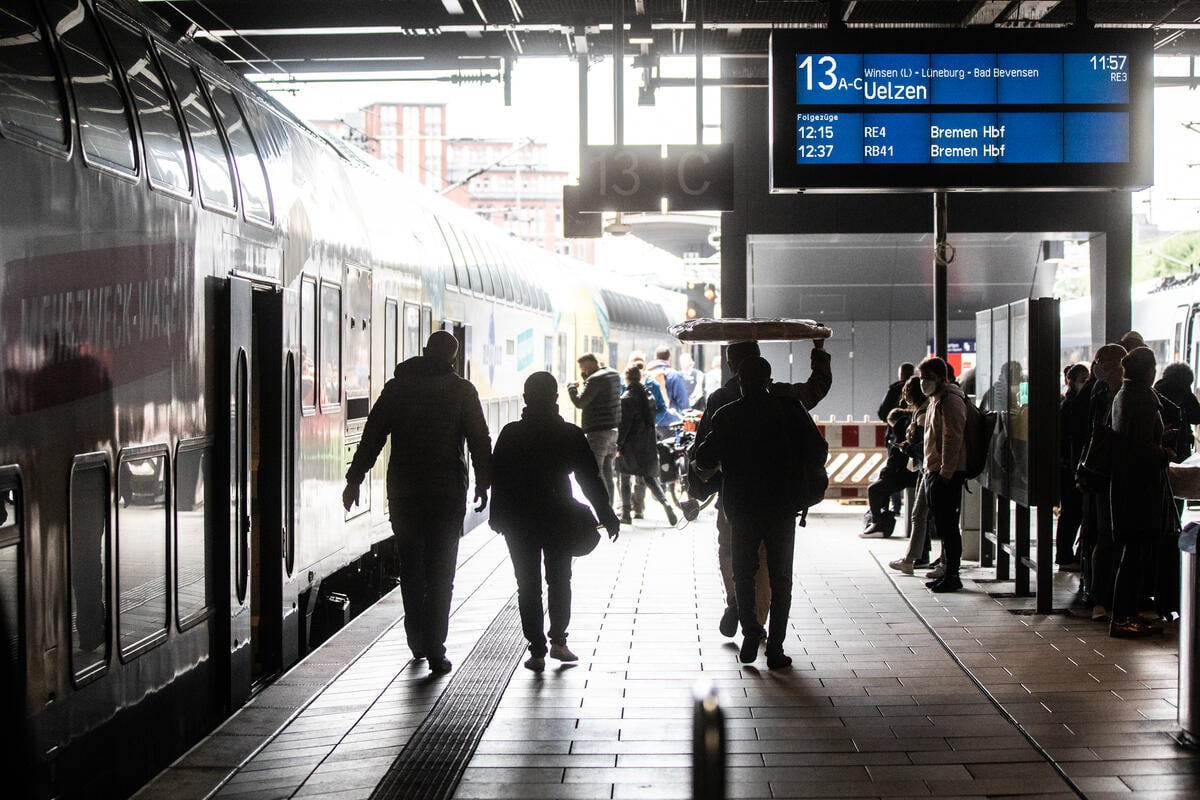
3. Tax and climate injustice
When you have to decide between a €15 flight and a €300 train ticket for the same day journey, it’s not a fair choice. What may seem like consumer freedom or cost preferences is a system of distorted prices, tax injustice, and political inaction. Most people are inclined to choose flights not because they want to, but because they’re being steered to that option by a system that has quietly made green travel the more expensive and inaccessible option.
What needs to change
As the world grapples with record wildfires, droughts and heatwaves, aligning transport pricing with climate objectives is essential. Governments need to stop rewarding pollution. We are calling for climate tickets, fair pricing and a tax on the super-rich to fund better rail services.
We need a transport system that puts people and the planet first. Train travel is the greener choice and it shouldn’t come with a higher price tag.
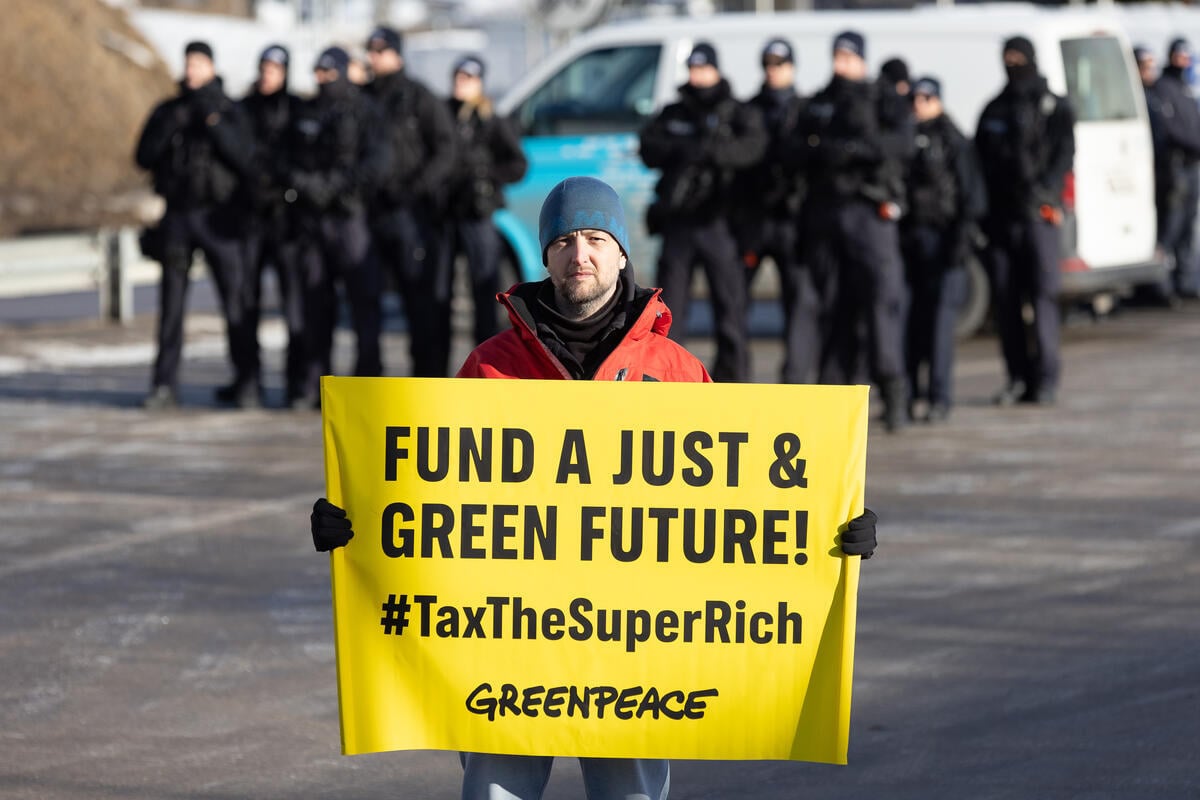
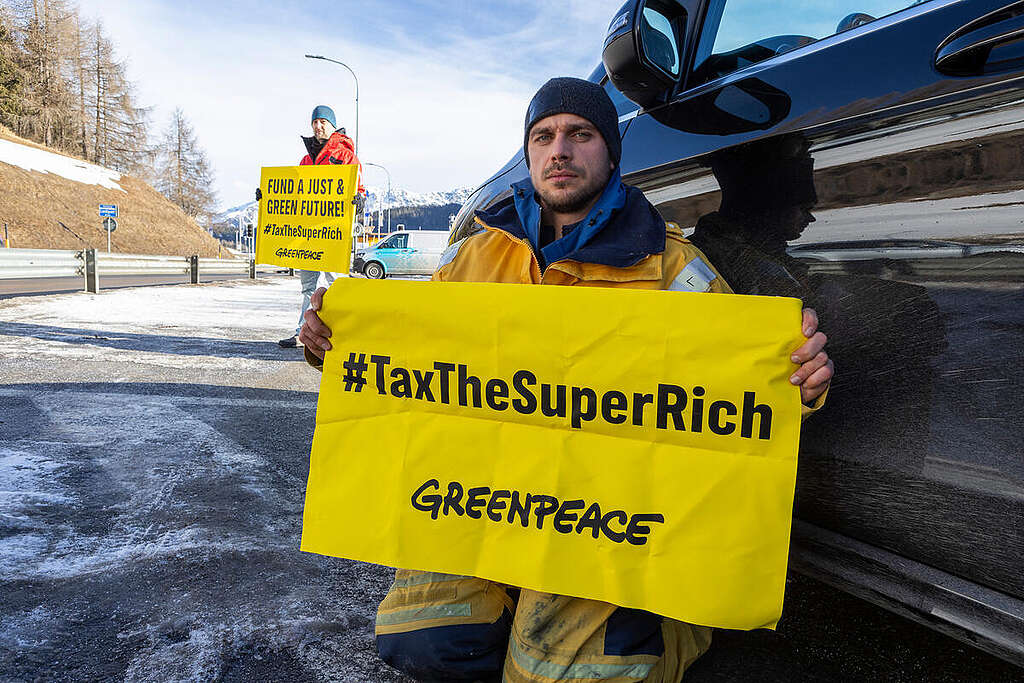
Together, let’s urge governments to tax the super-rich and fund a green and fair future.
Add your nameJackie Zamora is European social economic engagement lead for Greenpeace’s Fair Share campaign.
